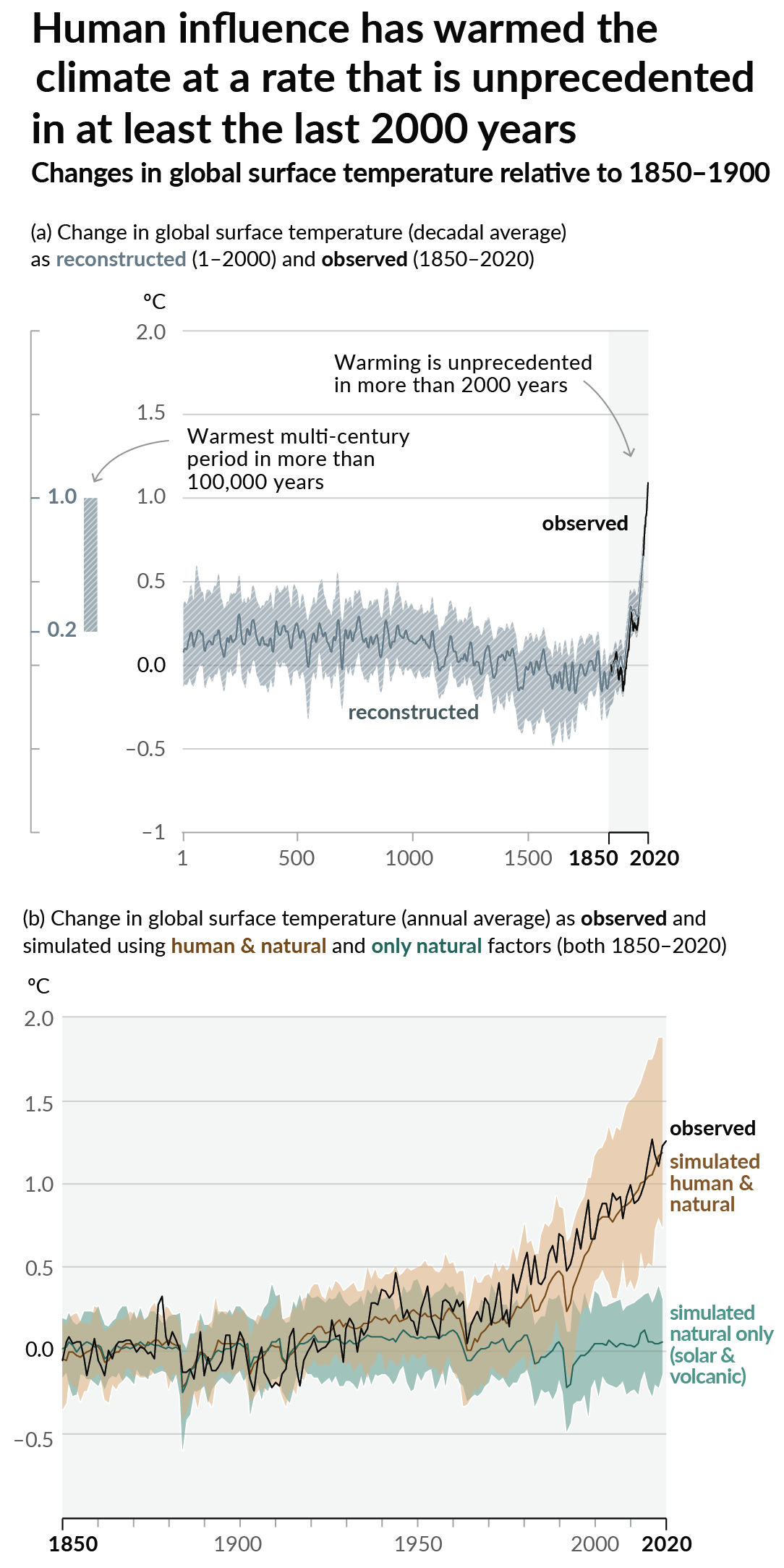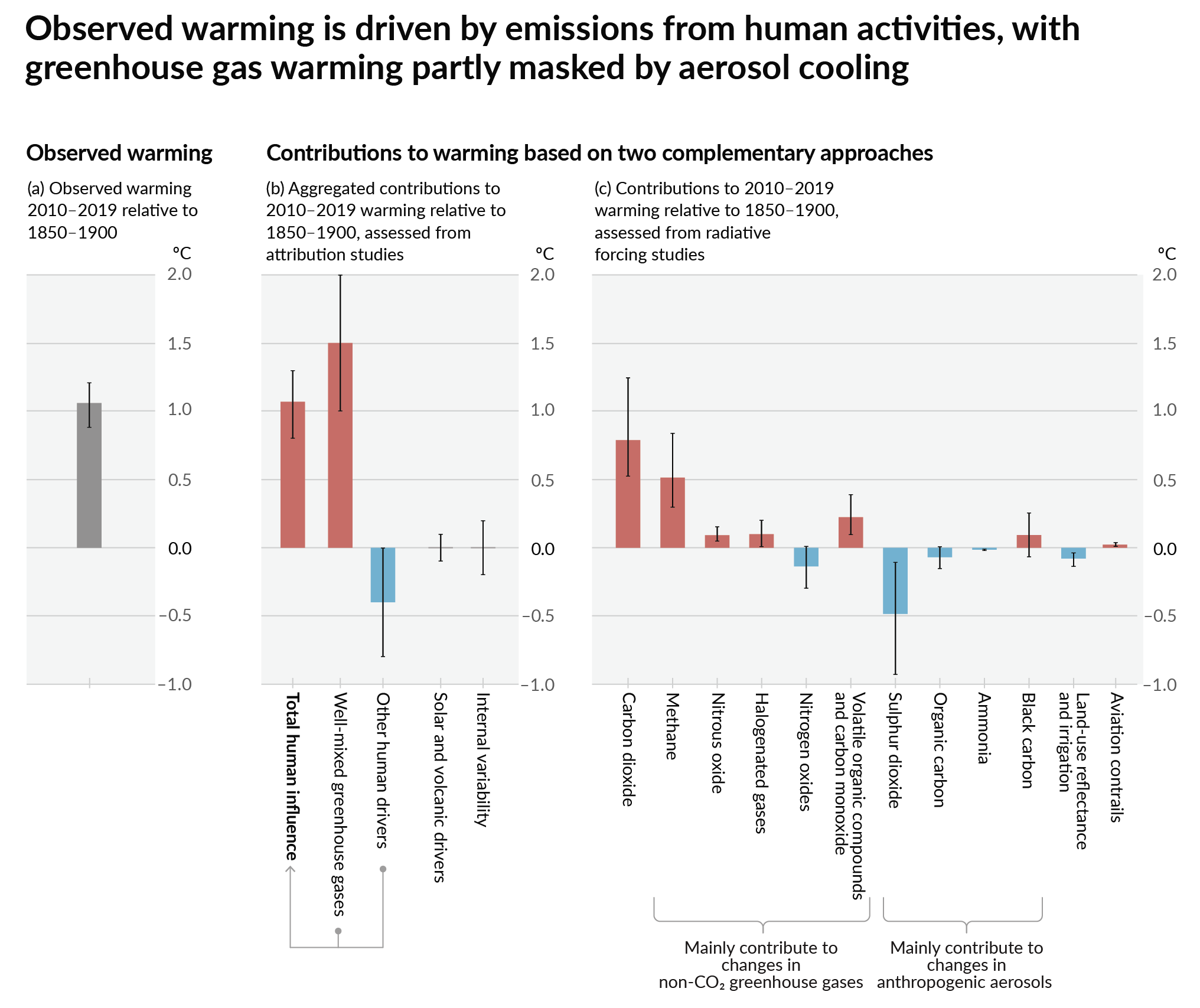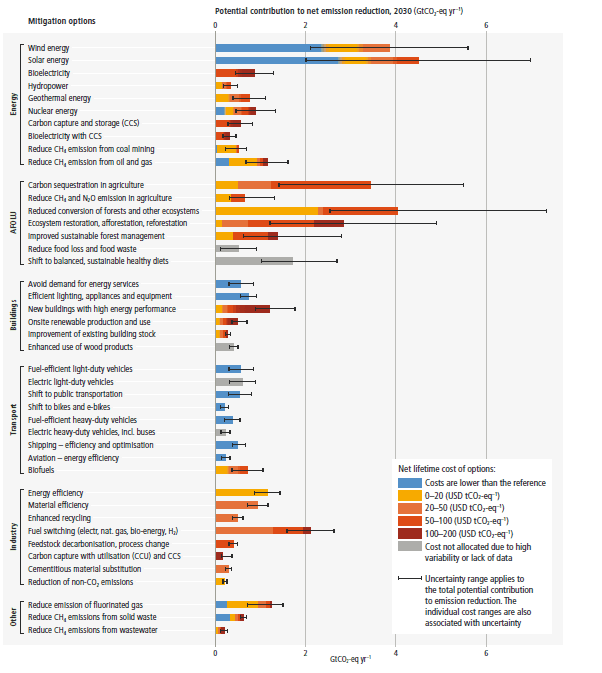I've been hearing about peak oil my whole life. I'm nearly 40. Should have hit it before I was born but we wouldn't want to limit the amount of profit to be made, now would we.
Climate - truthful information about climate, related activism and politics.
Discussion of climate, how it is changing, activism around that, the politics, and the energy systems change we need in order to stabilize things.
As a starting point, the burning of fossil fuels, and to a lesser extent deforestation and release of methane are responsible for the warming in recent decades:

How much each change to the atmosphere has warmed the world:

Recommended actions to cut greenhouse gas emissions in the near future:

Anti-science, inactivism, and unsupported conspiracy theories are not ok here.
I see that more as a statement of intent, a self-fulfilling prophecy.
Demand is solely limited by extraction limits, with geology and ERoEI factored in.
TLDR:
The agency’s latest World Energy Outlook, a comprehensive report on global energy trends, still includes its previous “stated policies” scenario, essentially projecting that countries will continue enacting policies that help tackle climate change and adopting solar panels, wind turbines and electric vehicles at a rapid clip, potentially leading to a decline or plateau in the use of oil, gas and coal by 2035.
Unlike last year, however, the agency is also including a more conservative “current policies” scenario that assumes countries won’t enact any additional energy policies and will face obstacles in shifting to cleaner forms of power. The Trump administration had pressured the agency to include this scenario, which sees oil and gas demand rising steadily through 2050, leading to significantly more global warming.